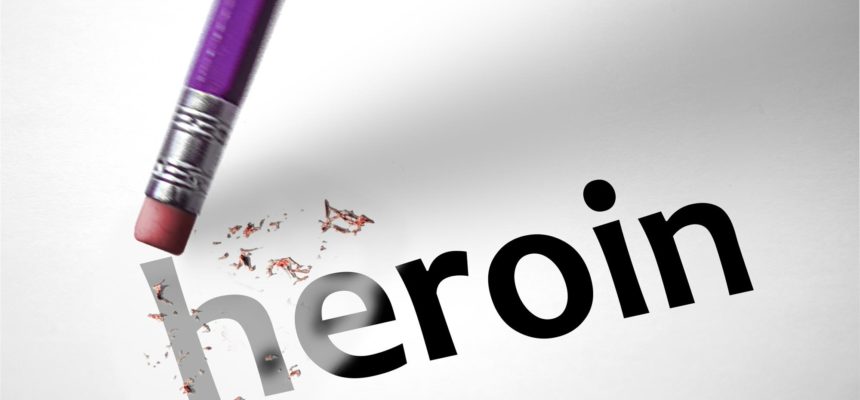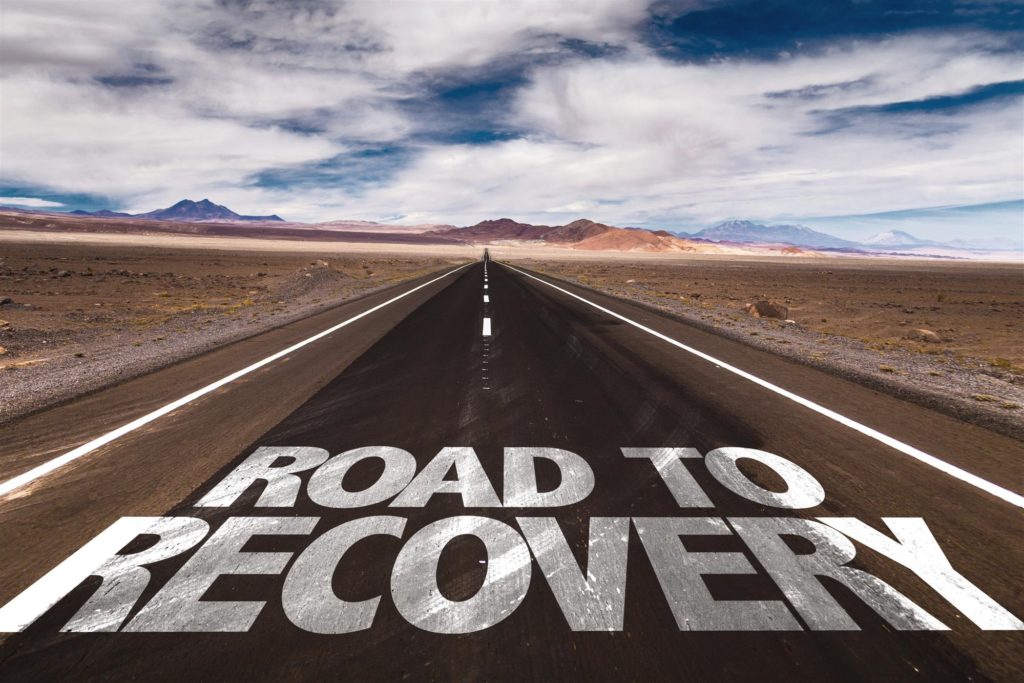
Signs Your Loved One Is Addicted to Opiates
Opiate addiction is a growing problem in the United States. According to the Centers for Disease Control, there were 33,091 deaths related to opioid overdoses in 2015 (over 63% of all overdose-related deaths), up from 28,647 in 2014. While many acquire an addiction through drugs such as heroin, people of all ages are increasingly requiring addiction treatment for use of prescription-based opiate medications.
Opiates include heroin, opium, morphine, codeine, oxycodone, and fentanyl. Used to treat pain, many common opiate medications in this category can also affect the brain’s reward areas, creating a sense of euphoria. Opiate use comes with the risks of developing a tolerance, a need for higher doses to get the same effect, and dependence—a psychological adaptation accompanied by withdrawal symptoms.
The signs of opiate use vary, but the primary signs of addiction are:
- Compulsive use with no control as to when to stop
- No control over drug use quantity and frequency
- Continued use despite knowing the negative consequences
People will continue to consume the drugs despite the impact on their health, career, education, and relationships. Addicts often try to hide their problem, but opiate and heroin addiction symptoms may include:
Changes in Mood and Behavior
Opiate users may exhibit a change in their overall mood and attitude. Addiction.com notes their behavior may become unpredictable, and angry outbursts may occur frequently. Someone requiring addiction recovery may show a lack of attention or ability to fulfill their obligations when expected, such as going to class or paying the bills on time. They may seem sad or depressed at times, which are opiate withdrawal symptoms.
Opiate addicts may also exhibit:
- Unexplained financial difficulties
- A lack of interest in hobbies
- Legal issues (DUI, fights, etc.)
- Sudden changes in social groups
- Negligence of appearance and personal hygiene
Psychological signs may also include:
- Anxiety
- Irritability
- Nervousness
- Paranoia
- Angry outbursts
- Fear
- Personality changes
Secretive Behavior
Lying is one of the signs of heroin addiction. Treatment for addiction may be considered if the people make secretive, unexplained phone calls or cash withdrawals. They may open new bank accounts, hide what’s on their computer screen, or often change their schedule without notifying those close to them.
Physical Signs
Trembling hands, unusual body odors, and insomnia or sleeping more may be signs of opiate addiction. The physical signs of withdrawal include vomiting, diarrhea, sweating, fever, and muscle aches and may warrant a look into drug detox. Sudden and unexplainable weight loss or gain can be an indication of a problem as well.
Other physical signs include:
- Changes in appetite
- Runny nose
- Bloodshot eyes with abnormally small/large pupils
- Slurred speech
- Impaired coordination
Tips on Identifying Addiction

Drug addiction rehab has the most potential to succeed if the problem is addressed quickly. One helpful strategy is to start a journal, tracking the time it takes people to return home after leaving school/work, and their online browsing history. Although you should trust your instincts, be sure to have conclusive proof of drug use before confronting a loved one.
A medical screening for addiction can determine whether, for example, heroin treatment is needed. Interventionists available through drug addiction treatment centers and other resources specialize in helping confront loved ones and seeking help such as drug detox rehab.
For information on of the most effective drug rehabilitation programs in Southern California, contact Yellowstone Recovery at 888-418-4188 today.
Sources








